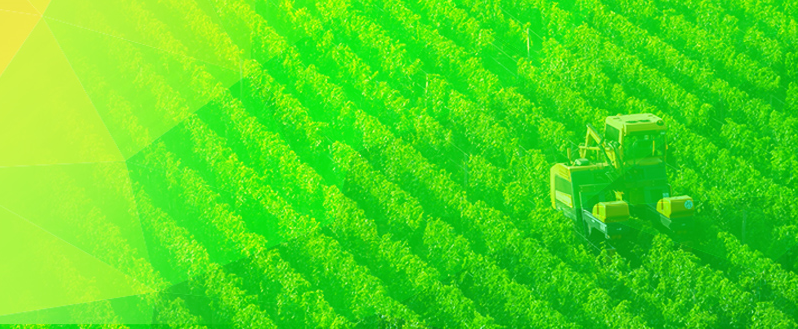The e-ROSA project seeks to build a shared vision of a future sustainable e-infrastructure for research and education in agriculture in order to promote Open Science in this field and as such contribute to addressing related societal challenges. In order to achieve this goal, e-ROSA’s first objective is to bring together the relevant scientific communities and stakeholders and engage them in the process of coelaboration of an ambitious, practical roadmap that provides the basis for the design and implementation of such an e-infrastructure in the years to come.
This website highlights the results of a bibliometric analysis conducted at a global scale in order to identify key scientists and associated research performing organisations (e.g. public research institutes, universities, Research & Development departments of private companies) that work in the field of agricultural data sources and services. If you have any comment or feedback on the bibliometric study, please use the online form.
You can access and play with the graphs:
- Evolution of the number of publications between 2005 and 2015
- Map of most publishing countries between 2005 and 2015
- Network of country collaborations
- Network of institutional collaborations (+10 publications)
- Network of keywords relating to data - Link
Topology-based multi-agent systems (TMAS), wherein agents interact with one another according to their spatial relationship in a network, are well suited for problems with topological constraints. In a TMAS system, however, each agent may have a different state space, which can be rather large. Consequently, traditional approaches to multi-agent cooperative learning may not be able to scale up with the complexity of the network topology. In this paper, we propose a cooperative learning strategy, under which autonomous agents are assembled in a binary tree formation (BTF). By constraining the interaction between agents, we effectively unify the state space of individual agents and enable policy sharing across agents. Our complexity analysis indicates that multi-agent systems with the BTF have a much smaller state space and a higher level of flexibility, compared with the general form of n-ary (n > 2) tree formation. We have applied the proposed cooperative learning strategy to a class of reinforcement learning agents known as temporal difference-fusion architecture for learning and cognition (TD-FALCON). Comparative experiments based on a generic network routing problem, which is a typical TMAS domain, show that the TD-FALCON BTF teams outperform alternative methods, including TD-FALCON teams in single agent and n-ary tree formation, a Q-learning method based on the table lookup mechanism, as well as a classical linear programming algorithm. Our study further shows that TD-FALCON BTF can adapt and function well under various scales of network complexity and traffic volume in TMAS domains.
Inappropriate format for Document type, expected simple value but got array, please use list format



